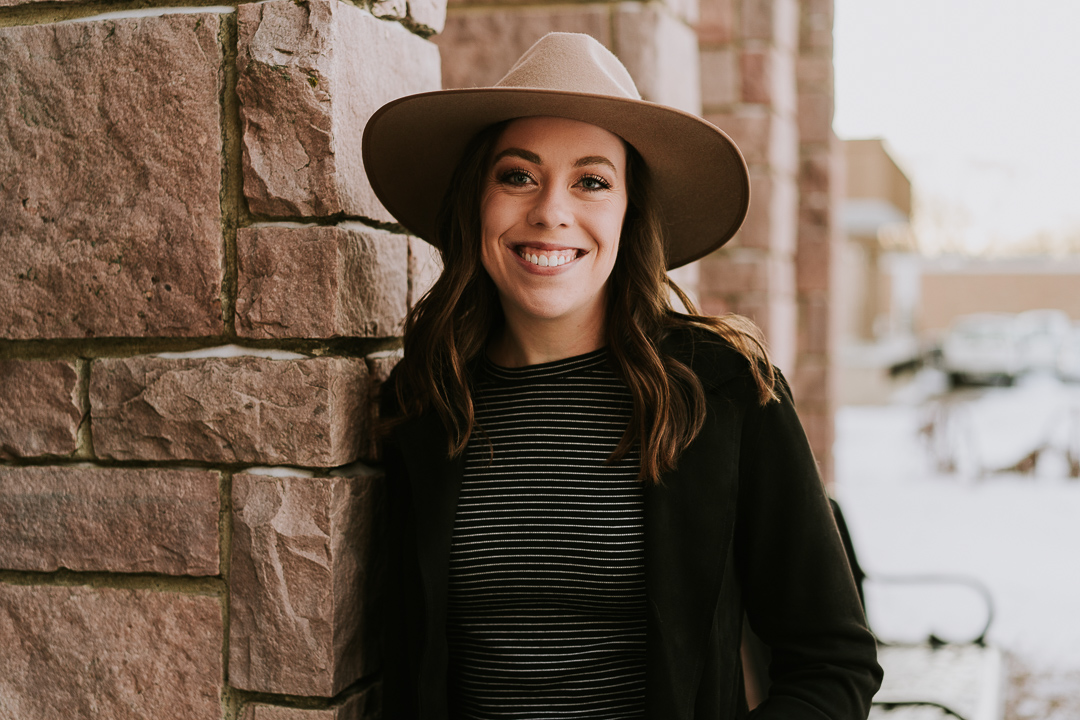We’re excited to introduce you to the always interesting and insightful Lynnie Angle. We hope you’ll enjoy our conversation with Lynnie below.
Lynnie , we’re thrilled to have you sharing your thoughts and lessons with our community. So, for folks who are at a stage in their life or career where they are trying to be more resilient, can you share where you get your resilience from?
Like a lot of people, I grew up playing sports and I think pretty quickly figured out that I enjoyed them and wanted to play at a high level. Becoming good at anything requires failure and taking risks and developing the skill of situational and self reflection to figure out what went well and where changes need to be made. So I think resilience really starts with being willing to fail and put yourself in positions to make mistakes and look silly. And then moving forward from those moments of feeling silly or disappointed instead of letting them derail your confidence or attitude for the rest of the game, season, sport, whatever. Softball was my primary sport, starting with t-ball and ending with 3 years at the collegiate level and sometime in about middle school my dad (and coach) really believed switch hitting would be a game changing skill to have. I am athletic. I am not ambidextrous. But it sounded cool and I was willing to give it a try so I spent an off season practicing left handed swings just trying to make that movement as natural as possible. We finally got to the season and I was sent to the plate with the game plan of switch hitting and I saw one pitch and swung the clunkiest swing you’ve ever seen, hitting nothing but air. I looked down the baseline to my dad and asked “Can I switch back now?”. Everyone at the field got a chuckle and I was allowed to go back to the batter’s box that I was most comfortable standing in and the game continued. That was the beginning and end of my switch hitting career and a light hearted example of resiliency. There is also a really tough, sometimes painful side of it as well. It really starts as a choice and becomes a muscle. In sports, the choice came when I struck out and I had to decide if I was going to go back in the dugout and cheer on my teammates and allow my anger to sharpen my focus on defense or wa I going to pout and mentally check myself out of the game and sulk and be a terrible teammate. But the more exposure I have had to those small choices, the stronger that muscle gets to use when bigger life disappointments come. Like when you get to grad school and it is so much harder than you expect it to be and all of a sudden you’re on the verge of failing out of the program. There is a choice to give up or to regroup and switch your study strategies and put in more time. Or when you’re in a relationship and the other person leaves in a really hurtful way and you have the choice to build walls to keep others out so it doesn’t happen again or to allow yourself to feel the hurt and grieve the relationship and enter back into community with others. There is always a choice but those decisions of not wallowing in frustration, embarrassment, and disappointment and continuing to move forward and try again start in small situations and with repetition lead to the strength to make the same decision when the pain is deeper and the moving forward is harder.
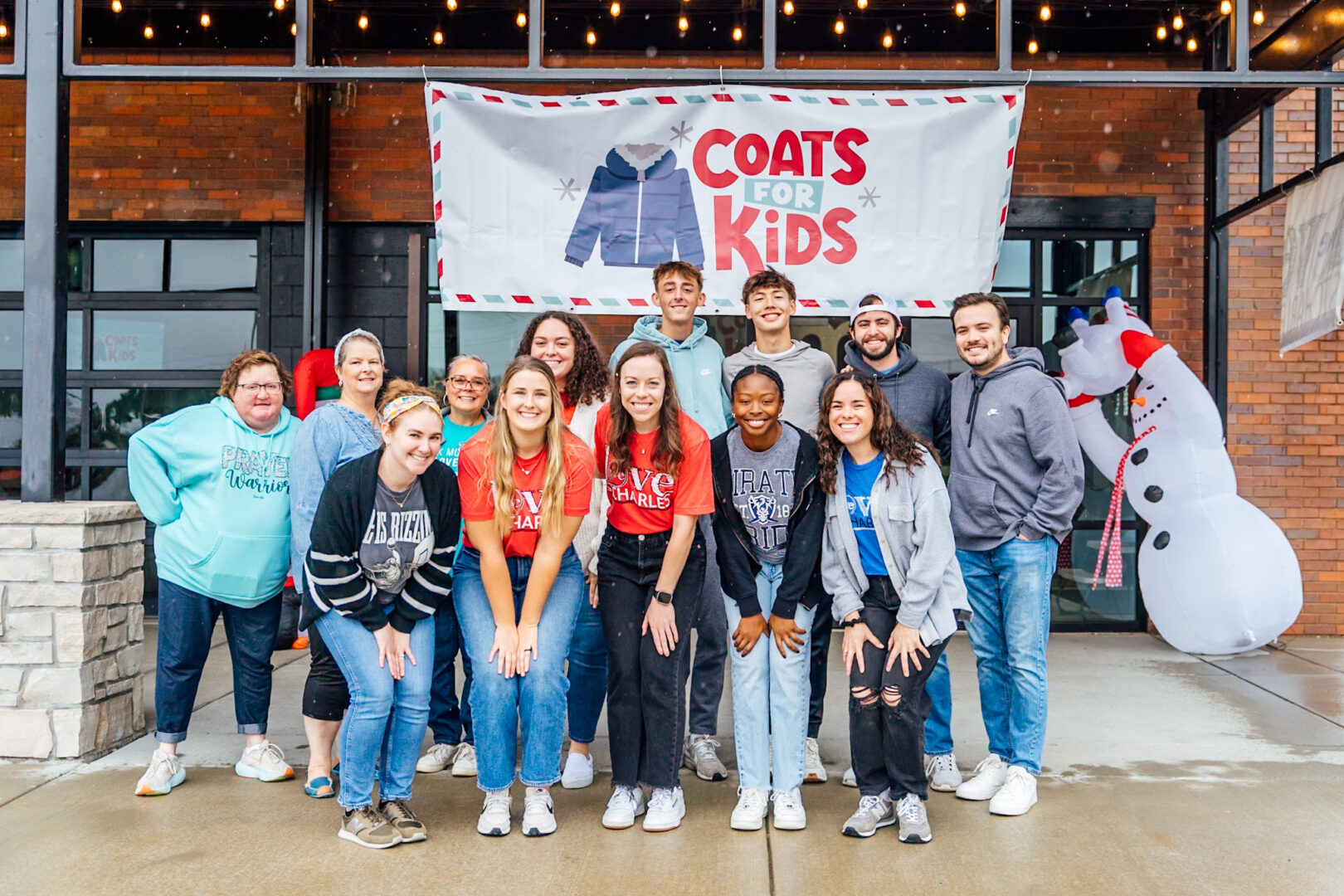
Thanks for sharing that. So, before we get any further into our conversation, can you tell our readers a bit about yourself and what you’re working on?
I moved from South Dakota, where I was born and raised, to St. Louis to go to grad school for occupational therapy (OT) and now I work as an occupational therapist for a school district in St. Louis County. Just to explain what OT is, since many don’t know, occupations are anything you’ do throughout your day. Anything from getting yourself ready in the morning, to driving, to yard work, to using your computer, to grocery shopping. OTs work to make people as independent as possible with the activities of daily living that they need and want to do often after injury or illness or when developing as a child. As an OT in a school, I work with kids on fine motor skills like cutting and handwriting as well as self care skills like putting on and zipping coats and tying shoes. I also work with kids who struggle to process the sensory input around them by giving them and their teachers strategies to help meet their needs. I love the kids I work with and the relationships I get to build with them and seeing them grow and gain skills and become more independent.
I also serve on the board of directors for We Love St. Charles as our storefront coordinator, which is a non-profit that strives to care for our neighbors, schools and city. This is done in various ways like walking with a single mom through budgeting while helping meet some financial or physical needs, putting on an awards show for 5th and 6th graders shining a spotlight on kids who display love and sacrifice for their peers and teachers on a regular basis, providing backpacks, school supplies and coats for low income families, and more. My role has been to help organize and run our Supplies for $5 and Coats for Kids events. Supplies for $5 is usually held the first weekend of August and is set up as a storefront so that families who otherwise would not be able to afford a new backpack and school supplies can come in and pay $5 per kid to pick out a new backpack and all the school supplies on the list for their school and grade level. Coats for Kids works the same way and is run end of October/early November. The small payment made by the families and autonomy to choose a backpack or coat that fits the kid’s style has shown to give the families dignity in purchasing the provisions they need as well as ownership in being able to make those choices in colors, patterns, fit, etc.
I really feel like both roles serve to empower and equip people to be able to participate and achieve what they are passionate about in order to hopefully turn back around and help up the next person in need.
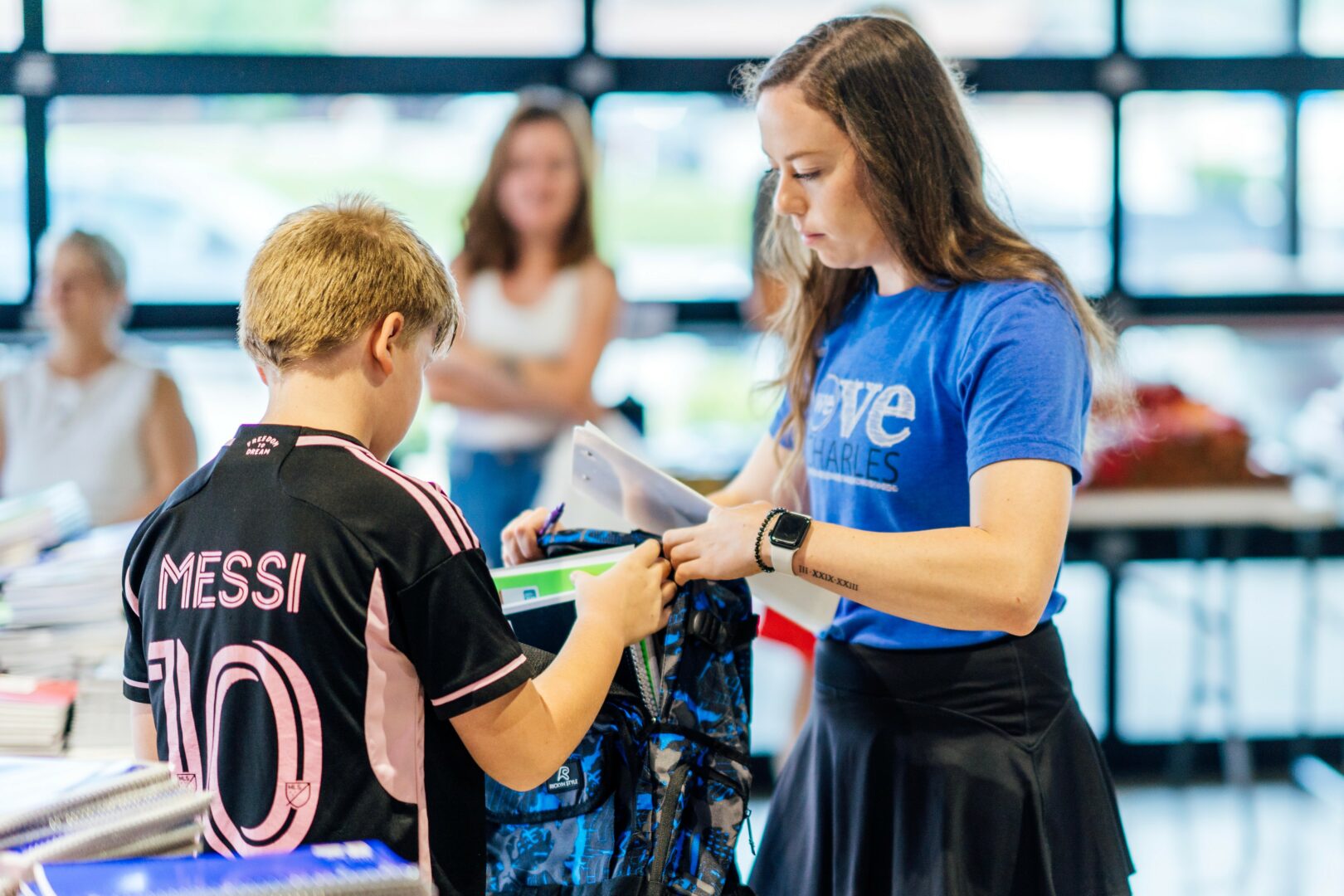
If you had to pick three qualities that are most important to develop, which three would you say matter most?
I think the three things that have most impacted my journey are purpose, drive and humility. Without purpose, any effort is relatively aimless. As a christian, my purpose is to bring glory to God by loving him and loving his people. Those can seem really big and not specific but it is a foundational question that really gives me basis as to if something is worth pursuing or not. If I ask myself, “Could God be glorified in this?” or “Would this love somebody well?” and the answer is ‘yes’, great! Now, how do we do this so that is the outcome. The decisions I make while performing those tasks or going through those situations, are guided by those questions which ultimately come back to my purpose. For example the purpose of Coats for Kids is to care for them well by providing them with a coat to keep them warm in the winter months. The purpose first is care which drives the how.
Going back to sports, drive is something that was really ingrained in me growing up. I’m not sure if that is a learned trait or if you really just have to find the thing you want badly enough to go after it. I wanted to be good at sports growing up which was something that I couldn’t buy or be given and so I practiced. I wanted to go to grad school so I studied. I wanted to buy a house so I worked and I saved. Drive is really just about deciding what you want and being willing to persist and and make sacrifices to get it. Lastly, humility is a must to do anything well. You have to be willing to admit that you don’t know everything in order to learn new things. You have to acknowledge that you’re not the best to get better than you are right now. Each time we have put on a storefront, it has gotten better and smoother because we have taken time to reflect on where things weren’t great and figure out how to make them better.

Alright so to wrap up, who deserves credit for helping you overcome challenges or build some of the essential skills you’ve needed?
My parents really have had the greatest impact in passing down skills and knowledge as well as putting me in positions to develop character that has gotten me to where I am today. My mom is a retired high school business teacher, so I grew up hearing about professionalism, communication and finances. I watched her build relationships with the most difficult students in the school with patience while holding them to high expectations. I watched how my dad treated and spoke to the man whose check bounced after my dad sold him his old truck, insisting that the man could split up the payment so he wouldn’t be short that month. I watched him help a lady change her tire on the side of the road after dark in a blizzard. They put me in sports and didn’t just tell me to practice but practiced with me. They showed up. They’re demonstrated. They encouraged. They challenged. They invested. I wouldn’t be where I am without them.
Contact Info:
- Website: https://welovestcharles.com
- Linkedin: https://www.linkedin.com/in/lynnie-angle-7045a222a
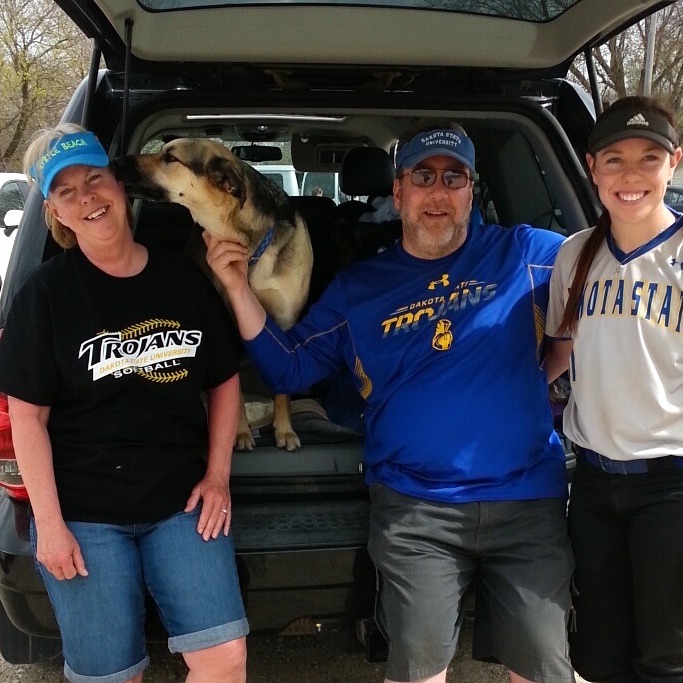
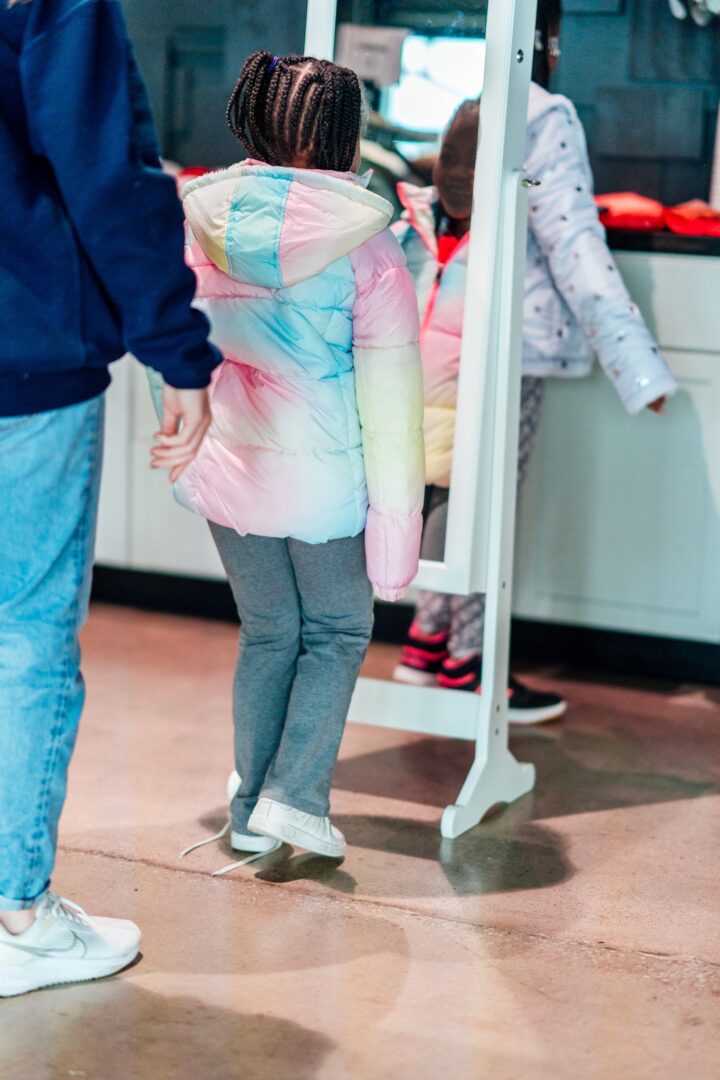
Image Credits
Headshot: Haley Zacharias
Supplies for $5 and Coats for Kids pictures: Lauren Cartmell
so if you or someone you know deserves recognition please let us know here.

